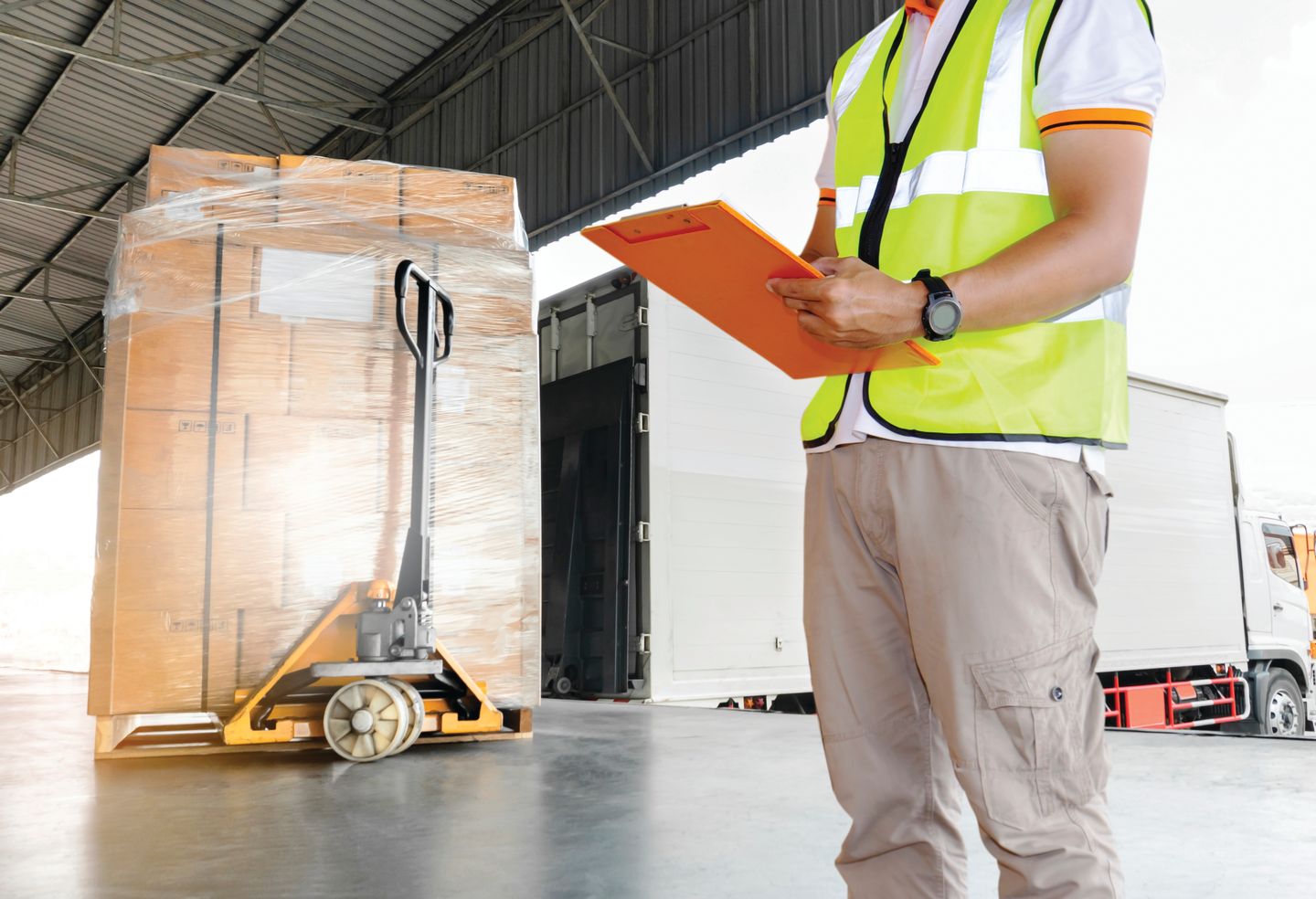IMARK Electrical Now: What was the biggest challenge with your e-commerce as a result of the pandemic?
Kevin Kalish, Sunrise Electric Supply (Addison, Illinois): The biggest challenge our e-commerce team faced during this time was embracing our customers' demands for increased efficiencies, instantly. Pre-pandemic, our focus was on analyzing our customers' existing business process and implementing technology solutions to reduce their operational costs while embedding our company as a value-added partner in their workflow. Our customers' unique needs became "instant needs" as a large percentage of their personnel quickly adapted to a remote work environment. We also encountered an increased demand for electronic solutions for the field and streamlined workflow from procurement to our office, etc. Many of our customers are now looking to "do more with less" due to the uncertainties of future business. This is allowing us to have conversations focused around shifting their personnel from redundant administrative tasks to more revenue-generating activities, which were tougher conversations to ignite in the past.
"It's essential that we operate with increased efficiencies, superior customer-focused technology and a means to stay relationship-focused no matter what the future holds."
Kevin Kalish, director of customer technology, Sunrise Electric Supply
Lalena Kotasek, Blazer Electric Supply (Colorado Springs, Colorado): We'd been optimizing our website for two years when the COVID-19 pandemic hit, so the challenges that confronted us actually allowed for new customer attention to be focused on our e-commerce initiative. When we were forced to limit customer interaction because of quarantine protocols mandated in Colorado, we experienced a surge in our online sales and logins. Similar to the increased demand for online ordering experienced by such businesses as Amazon, Home Depot, Lowe's and others, Blazer Electric Supply hit alltime records for online revenue. On the ground, construction projects and growth in southern Colorado remain strong, but some projects have been delayed or cancelled due to the pandemic.
Scott Lepsky, The F.D. Lawrence Electric Co. (Cincinnati, Ohio): The biggest surprise we encountered is that, while our website traffic has gone up considerably, actual sales through the website have grown at a slower rate. Early on, industry experts thought that safety protocols and procedures implemented to protect the health of employees would drive more dayto-day business to an e-commerce platform. We've found that while many customers have taken advantage of the training, resources and product information available on our website, when it comes to the final stage of the purchase decision, not even a global pandemic can make people change their habits.
Mike Raygor, Echo Electric Supply Co. (Council Bluffs, Iowa): The pandemic came right in the middle of a total website redesign for us. Instead of putting the new site on hold, we continued to work on the upgrade and decided that we would have to rely on our existing site to handle the influx of orders that was sure to come. Our web team did a good job of preparing the existing site to handle what we expected, all the while knowing that that site would be going away very soon. On a rolling 12-month scale, our internet sales have increased by more than 50% compared to our internet sales eight months prior to March 1.
"The biggest lesson involved the need to be flexible—your business can continue to thrive if you remain open to change."
Lalena Kotasek, e-commerce marketing & IT manager, Blazer Electric Supply
IMARK Electrical Now: Please share an example of a new e-commerce service that may become a standard offering.
Kalish: Our ongoing initiative of self-servicing our customers through our tech offerings experienced an increased demand and will likely drive changes in our customers' habits. For example, many of our customers' accounting personnel switched to a remote work environment, which provided us with the opportunity to demonstrate the benefits of electronic access to invoices, credit memos, statements, etc., which were previously met with greater resistance.
Lepsky: We've received multiple requests from customers for web-based support resources. Online training for our customers has been one of the most requested items, so we've added a resource that makes it simple for customers to access manufacturer-based product and application training from their computer, tablet or smart phone.

Raygor: We started attaching our e-commerce solutions contract to our credit applications so that customers applying for a line of credit apply for e-commerce credentials at the same time. We expedite the request so that customers get their credit approval along with their usernames and passwords for our e-commerce solutions.
Kotasek: I also handle IT at Blazer Electric and as in-person meetings became limited and our employees were encouraged to work from home, we quickly got all outside sales reps trained in web meetings. To maintain customer and employee safety, we quickly implemented a closed retail counter practice at our branches, moving dockside pickup and coffee and snack concessions outside of our main entrances and closing our branches to outside visitors right away.
For roughly 90 days, our business was forced to operate by a very different model from the open door, social atmosphere we've been accustomed to. Having to push our family of customers outside was a difficult decision for us to make, although with all great challenges there are often great opportunities. Our dockside pick-up model became something our customers grew to love and, going forward, we've implemented Blazer Electric Express Pickup (BEEP), which will be a pick-up option our customers can choose on our website or in a phoned-in order. Going forward, as southern Colorado continues to grow and our customers' time becomes more and more valuable, we'll also utilize web conferencing. At the same time, we've launched a strong marketing campaign to promote awareness of "buying local" in order to support our area communities that have been affected by shutdowns; as the only locally-owned southern Colorado electrical distributor, we invest heavily in our local communities and will carry that into the future.
IMARK Electrical Now: What is the biggest lesson your team learned during the COVID-19 crisis?
Kotasek: The biggest lesson involved the need to be flexible—your business can continue to thrive if you remain flexible and open to change. We also learned as a team that we must keep our focus on these types of upcoming challenges and be prepared to adapt at an almost fire-drill speed to maintain business continuity. We'll certainly continue to invest in our e-commerce platform, as it's a tool that our customers continue to demand on an increasing basis.
Raygor: The challenge was figuring out how to keep employees and customers safe. With a focus on social distancing, we've learned how to take care of our customers' needs with alternative solutions. We're handling sales calls by telephone and web-based meeting technology. We've set up our main phone line to receive text messages and are encouraging our customers to text us their orders. We're also suggesting that they download our mobile app and/or use our website to enter, manage and track their orders. Before COVID-19, we did all these things, but it was more for customer convenience. These tools will now become a standard moving forward.
Lepsky: The biggest takeaway is one of the most basic and often-forgotten lessons—ask questions and listen attentively to the answers. Each customer's needs and level of comfort (with technology and available interface methods) are different and there's rarely a one-size-fits-all solution. Customers want a reliable partner who is responsive, agile and who puts them in the best position to respond quickly to an uncertain future.
Kalish: I feel that the biggest lesson we may all have taken away from the current crisis is the challenge of strengthening and creating new relationships while adhering to the new social distancing norm. I'm tasked with further embedding our existing relationships through our self-service customer technology and we're working on innovative ways to acquire new business through technology, as prospective customers may not have the front door "unlocked" for the rest of the year. It goes without saying that we all hope the future doesn't consist of the recent shutdowns, but it's essential that we operate with increased efficiencies, superior customer-focused technology and a means to stay relationship-focused no matter what the future holds.
